hotline:020-29026320 |13903018415
-
-
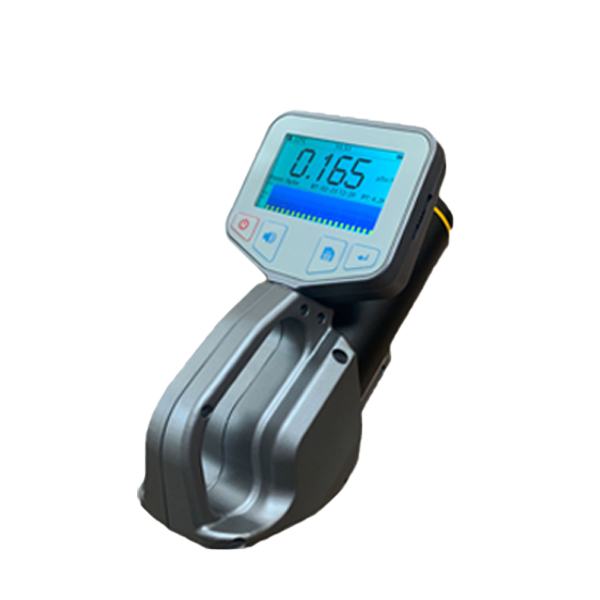
Radiation detection instrumentation
-
HYGP-2223 exposure type X, γ radiation measuring instrument
-
HYGP-2223BX, gamma dose rate meter (with tripod)
-
FI-329M intelligent household nuclear radiation detector
-
HY-2000M digital multi-channel gamma spectrometer
显示更多 -
-
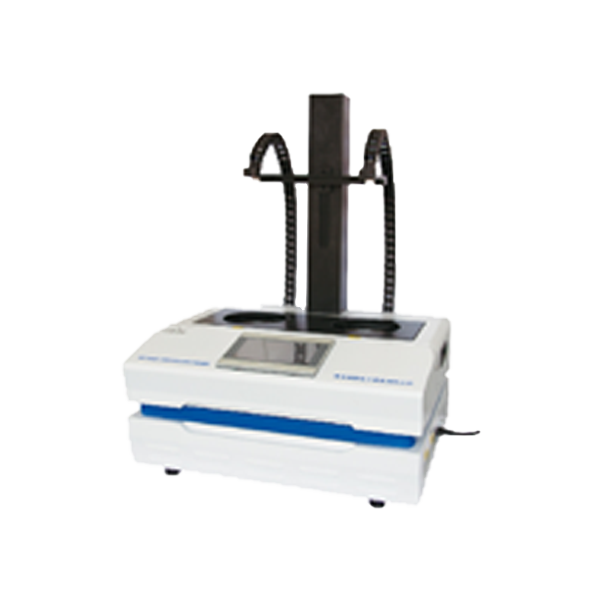
Laboratory Equipment
-
Radioactive distillation apparatus in water
-
2200Q portable turbidity meter
-
SPE Solid Phase Extraction Device
-
Portable spectrophotometer
显示更多 -
-
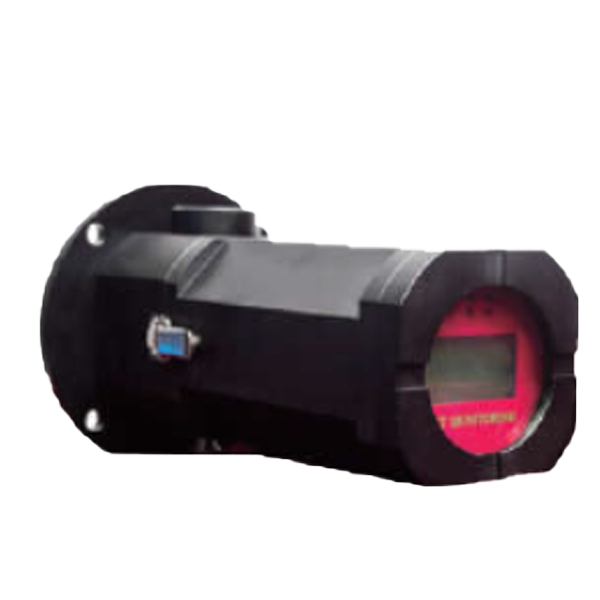
Portable environmental monitoring equipment
-
VOCs gas analyzer
-
Portable handheld VOC detector
-
Portable all-in-one multi-parameter analyzer
-
Dust detector
显示更多 -
-
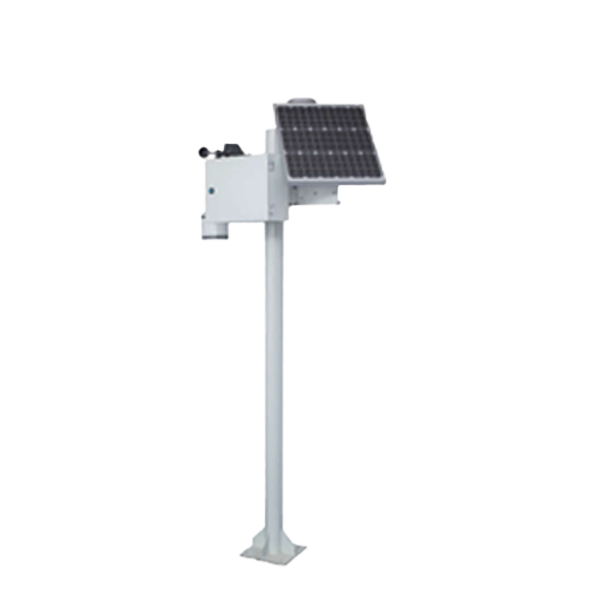
Environmental online monitoring system
-
CM-WG8200 grid air quality detection system
-
On-line monitoring system for CM-VOCs-5000 volatile organic compounds
显示更多 -
-
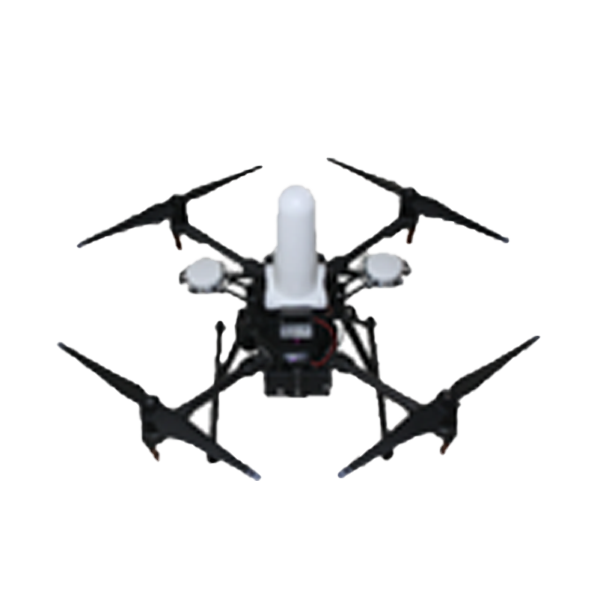
UAV Online Environmental Monitoring
-
OS-2 UAV Electromagnetic Environment Monitoring System
-
Nuclear emergency radioactive source search UAV
-
UAV Monitoring System
显示更多 -
-
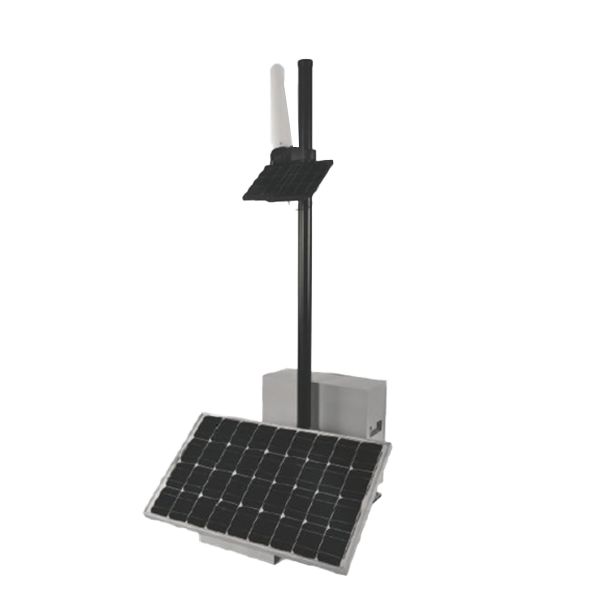
On-line Monitoring System of Electromagnetic Radiation
-
On-line Monitoring System of Electromagnetic Radiation
-
Automatic Monitoring System of HYEH460 Electromagnetic Radiation
-
HY-900A launch type radiation environment automatic monitoring station
-
OS-8 S Frequency Selective Electromagnetic Environment Online Monitoring System
显示更多 -
-
Encyclopedia of Laboratory Equipment Knowledge
2024-11-20

Laboratory equipment is a general term for various devices used in experiments and research in the scientific field, widely applied in medicine, biology, chemistry, physics, and other areas. Depending on their functions and usage scenarios, laboratory equipment can be divided into two main categories: general laboratory equipment and specialized laboratory equipment.
General laboratory equipment includes items such as laboratory balances, oscillators, magnetic stirrers, and centrifuges. They are multifunctional and versatile, suitable for the basic needs of various laboratory experiments. Specialized laboratory equipment, on the other hand, is designed according to specific research fields and experimental requirements, such as high-pressure homogenizers, fluorescence microscopes, and refrigerated centrifuges, which can meet specialized research needs.
When purchasing and using laboratory equipment, it is important to pay attention to the performance parameters, brand quality, and after-sales service of the equipment. Additionally, properly planning the usage scenarios and maintenance schedules for the equipment is also crucial. Only by correctly using and maintaining laboratory equipment can the accuracy of experimental data and the stability of experimental results be ensured.
In summary, laboratory equipment plays a vital role in scientific research, not only improving experimental efficiency but also promoting the development of science and technology. Understanding the basic classifications and functions of various laboratory equipment helps researchers better select and use laboratory equipment, enhancing the efficiency and quality of laboratory work.
Previous Page:
Next page:

COOKIES
Our website uses cookies and similar technologies to personalize the advertising shown to you and to help you get the best experience on our website. For more information, see our Privacy & Cookie Policy
COOKIES
Our website uses cookies and similar technologies to personalize the advertising shown to you and to help you get the best experience on our website. For more information, see our Privacy & Cookie Policy
These cookies are necessary for basic functions such as payment. Standard cookies cannot be turned off and do not store any of your information.
These cookies collect information, such as how many people are using our site or which pages are popular, to help us improve the customer experience. Turning these cookies off will mean we can't collect information to improve your experience.
These cookies enable the website to provide enhanced functionality and personalization. They may be set by us or by third-party providers whose services we have added to our pages. If you do not allow these cookies, some or all of these services may not function properly.
These cookies help us understand what you are interested in so that we can show you relevant advertising on other websites. Turning these cookies off will mean we are unable to show you any personalized advertising.
online message
Telephone:13903018415(Manager Wang)
Business: 020-29026320
E-mail:wangxueli@haiyoukj.com
Address: Room 703, Tian 'an Innovation Building, Panyu Energy Saving Science Park, 555 Panyu Avenue North, Donghuan Street, Panyu District, Guangzhou

Sweep code attention


